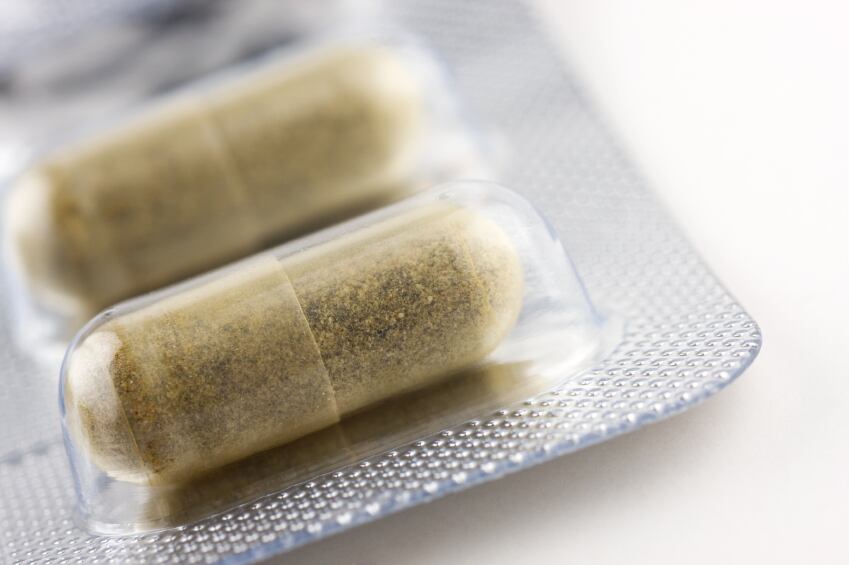According to PlantLIBRA 2014 consumer survey conducted in Finland, Germany, Italy, Romania, Spain and the UK, fennel was the sixth most consumed botanical. In Finland alone it was the 31th. The Finnish sub-sample included 401 botanical consumers.
The researchers behind this latest paper – from the Finnish Food Safety Authority (Evira), University of Barcelona, Institute of Health Carlos III in Spain, University of Las Palmas de Gran Canaria and Norwich Research Park Institute of Food Research in the UK – sought to establish the consumption patterns and safety of the botanical after suggestions some of its compounds may be carcinogenic.
PlantLIBRA’s survey showed consumers mostly took supplements containing the perennial aromatic herb fennel (Foeniculum vulgare) to boost immunity, enhance energy/tonics and improve stomach/digestive function. This was followed by hopes of weight loss and to combat anaemia/low haemoglobin/iron.
These consumers mostly thought the fennel ‘always’ or ‘sometimes’ helped them (54.5 and 27.3%, respectively). Less than 10% said the botanical helped them ‘rarely’ or ‘not at all’.
The majority of consumers did not report adverse effects, but one of the products was said to cause ‘stomach upset’ and ‘increased urination’.

The essential oil of fennel seeds contains trans-anethole and estragole. The compounds have shown antimicrobial activity but trans-anethole has also shown tumorigenic properties in lab animals and estragole to be carcinogenic and mutagenic at high doses.
The researchers said botanicals had a long tradition of use in many EU countries, but comparable data on consumption patterns, risks and benefits were “scarce”.
The study estimated average intake of estragole was 0.20 mg per day, trans-anethole 1.15 mg per day and rosmarinic acid 0.09 mg.
“The intake of estragole was usually moderate, but a heavy consumption of plant food supplements may lead to a high intake of estragole. The intake of trans-anethole did not exceed the acceptable daily intake, but plant food supplements should be taken into account when assessing the total exposure,” they wrote.
Other compounds kaempferol, quercetin, luteolin, matairesinol and lignans were low in comparison with their dietary supply (0.0034 mg, 0.0246 mg, 0.0525 μg, 0.0066 μg and 0.0412 μg per day, respectively).
The study provided the first intake estimates of trans-anethole, p-coumaric acid and rosmarinic acid in humans.
The PlantLIBRA project aimed to "develop, validate and disseminate" data and methodologies for risk and benefit assessment of botanicals and to implement sustainable international cooperation in the field.
The four-year project, which came to a close last year, was funded by a €6m grant from the EU. Many of the scientists that worked on PlantLIBRA also worked on the independent 1000-strong BELFRIT list.
The Finnish consumed 3,172.3 tonnes of botanicals in 2014 – up from 2,732 in 2009, according to Euromonitor International.
Source: Food Chemistry
Published online ahead of print, doi:10.1016/j.foodchem.2015.08.057
“Intake of selected bioactive compounds from plant food supplements containing fennel (Foeniculum vulgare) among Finnish consumers”
Authors: L. Uusitaloa, M. Salmenhaaraa, M. Isoniemia, A. Garcia-Alvarezb, L. Serra-Majemb, L. Ribas-Barbab, P. Finglase, J. Plumbe, P. Tuominena and K. Savelaa
